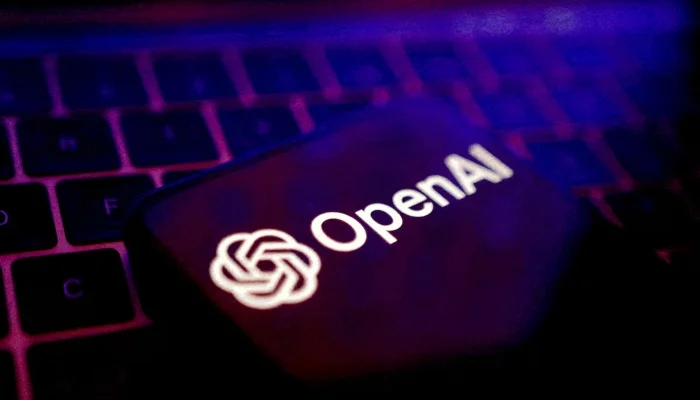Select Language:
OpenAI is preparing to introduce new controls that enable rights holders to specify how their characters are utilized in its newly launched AI video platform, Sora. The company also intends to share revenue with those granting permission for their characters to be used.
According to CEO Sam Altman’s recent blog post, rights owners—such as movie and TV studios—will gain more precise authority over the creation and use of their intellectual property within the platform. One key feature will allow these rights holders to block the use of their characters altogether.
As AI-generated content continues to come under increased scrutiny, concerns about intellectual property rights and fair compensation grow louder. OpenAI’s latest app, Sora, which debuted this week as a standalone platform available initially in the U.S. and Canada, enables users to produce short videos, up to 10 seconds long. These videos can be based on copyrighted material and shared across social media channels, quickly gaining popularity among creators and niche audiences alike.
The platform’s policies around copyright are expected to spark tension, especially within Hollywood. At least one major studio, Disney, has reportedly opted out of allowing their content to appear in Sora.
Furthermore, OpenAI plans to implement a revenue-sharing model for rights owners who permit their characters to be used in user-generated videos. Altman noted that user activity is generating significantly more content than anticipated, highlighting the need for monetization strategies. Although the specifics of this revenue-sharing system are still being refined, OpenAI aims to test different approaches within Sora before establishing a standardized model across its product lineup.
Backed by Microsoft, OpenAI’s foray into multimodal AI technology with Sora expands its competition with other tech giants like Meta and Google, who also offer text-to-video AI tools.







